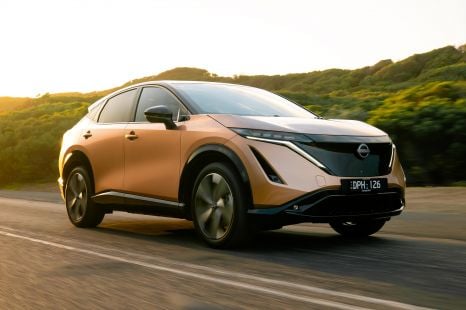

James Wong
2026 Nissan Ariya review
3 Days Ago
The ACT has rolled out new subsidies designed to make electric cars more affordable and attractive to buyers, as part of a plan to make all new car sales zero-emissions by 2030.

Contributor
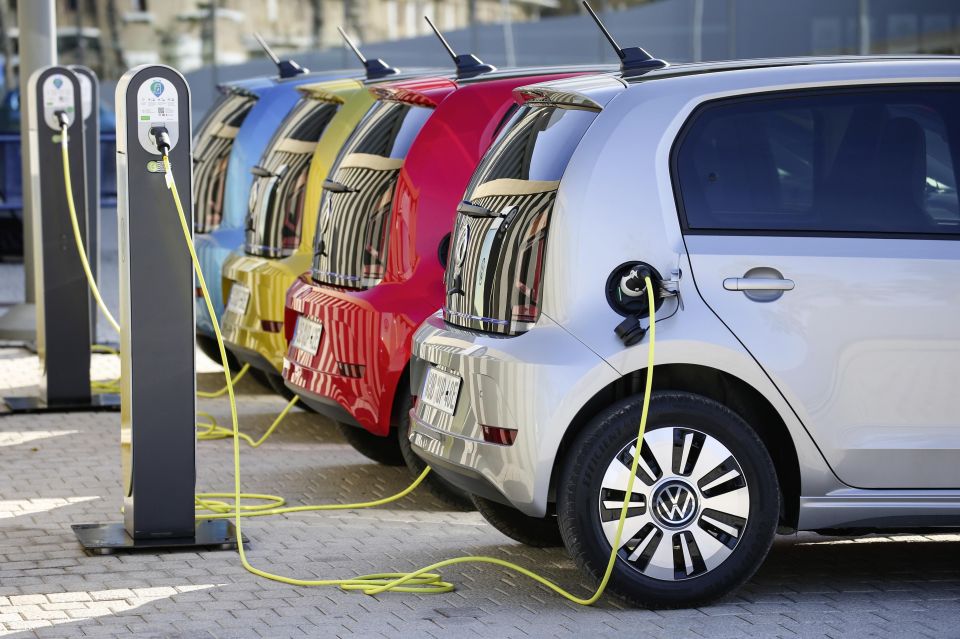

Contributor
The Australian Capital Territory (ACT) has announced an ambitious target to sell only zero-emissions new vehicles by 2030.
Announced in a Parliamentary Governing Agreement between the ACT Labor Party and Greens, the target will be backed by generous subsidies.
The proposal makes no mention of regulating to stop the sale of internal-combustion vehicles – instead, it aims to make electric and hydrogen vehicles more attractive to buyers.
The move positions the ACT as the best Australian state or territory for electric car (EV) buyers and provides a stark contrast with plans in South Australia and New South Wales to tax EV owners based on how far they drive.
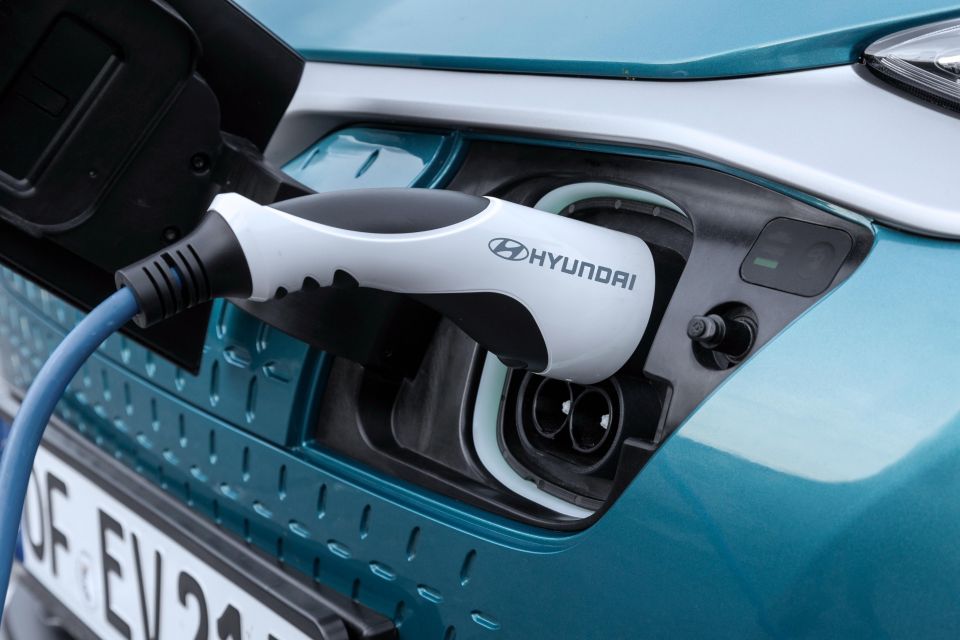
Electric vehicle buyers in the ACT will be provided with free registration for two years “as soon as practical” under the new agreement, and Canberran residents and businesses will be offered zero-interest loans up to $15,000 to invest in zero-emissions vehicles and technologies.
At least 50 electric charging stations will be built across Canberra and its surrounding regions to encourage EV adoption. A focus will be placed on purchasing electric buses, and existing depots will be converted to support zero-emissions running.
Electric car buyers in the ACT are currently exempt from stamp duty, and receive a 20 per cent discount on registration.
As the ACT moves to encourage buyers to go electric, South Australia and New South Wales have recently announced plans to tax electric vehicle drivers based on how far they travel in an attempt to recoup money lost through unpaid fuel excise.
South Australia’s announcement was made last week during the 2020-21 budget speech delivered by Treasurer Rob Lucas. The charges are earmarked to commence from July 1, 2021.
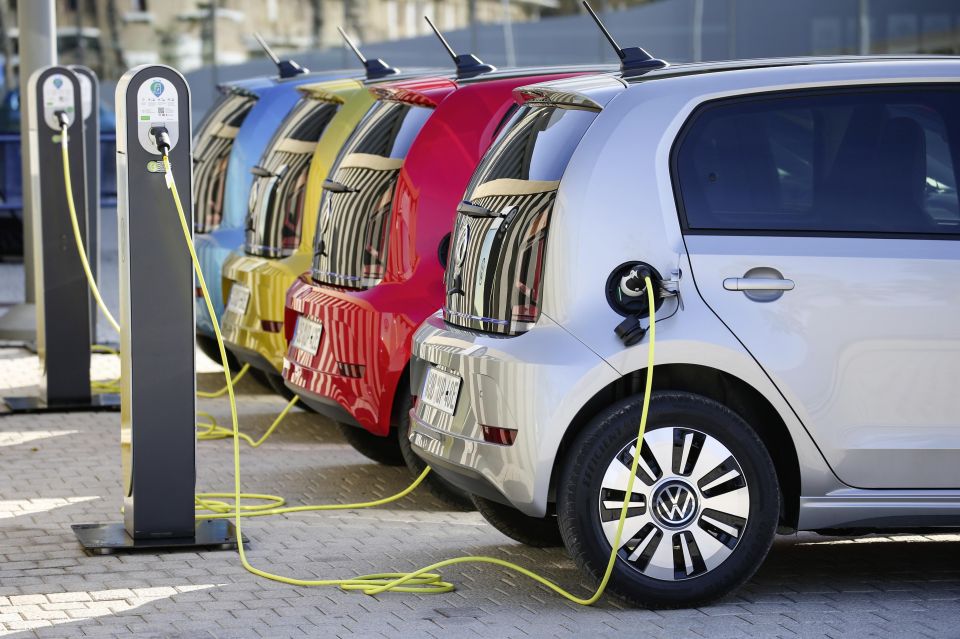
The charge is set to include a fixed component – similar to current registration charging – and a variable charge based on distance travelled.
“Electric vehicles do not attract fuel excess and therefore make a lower contribution to the cost of maintaining our road networks,” Mr Lucas said.
The proposal has been widely criticised, with chief executive of the peak body for carmakers in Australia, Tony Weber, describing it as “beyond belief”.
“We believe this charge will make South Australia the only jurisdiction in the world that actually opposes the uptake of low and zero emission vehicles,” Mr Weber added.
Scott Collie is an automotive journalist based in Melbourne, Australia. Scott studied journalism at RMIT University and, after a lifelong obsession with everything automotive, started covering the car industry shortly afterwards. He has a passion for travel, and is an avid Melbourne Demons supporter.


James Wong
3 Days Ago
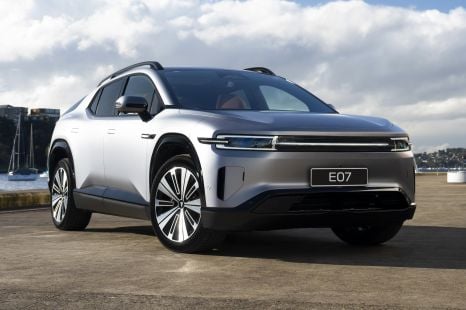

William Stopford
3 Days Ago
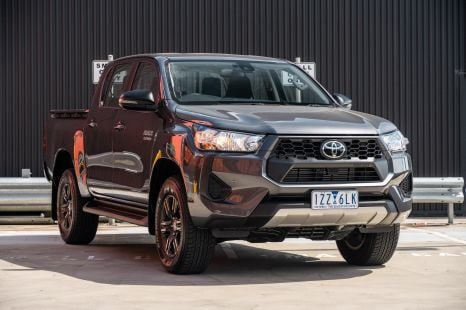

Josh Nevett
2 Days Ago
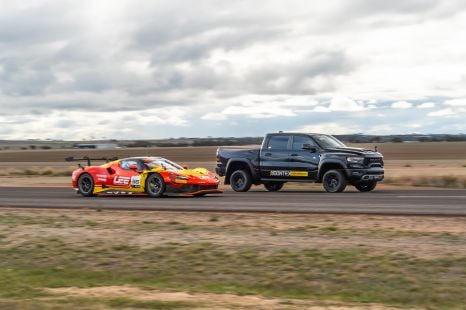

Paul Maric
1 Day Ago
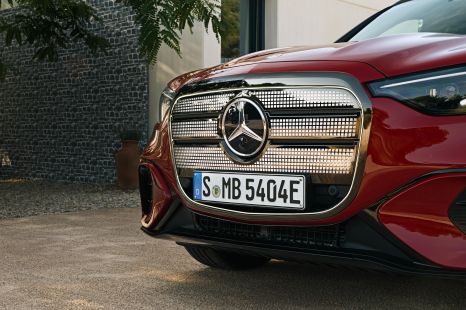

Ben Zachariah
14 Hours Ago
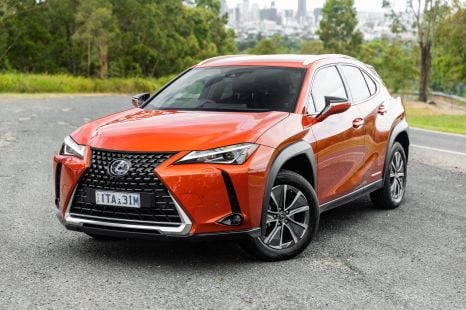

William Stopford
14 Hours Ago